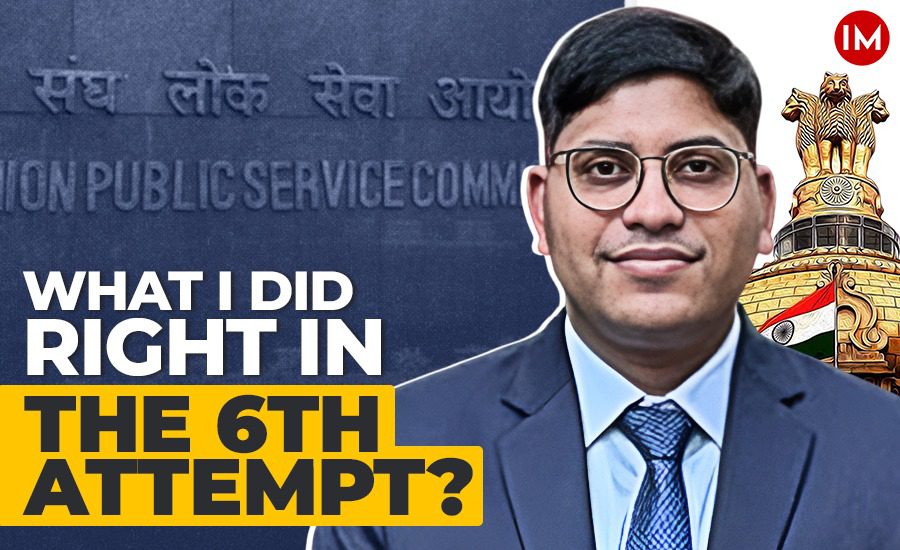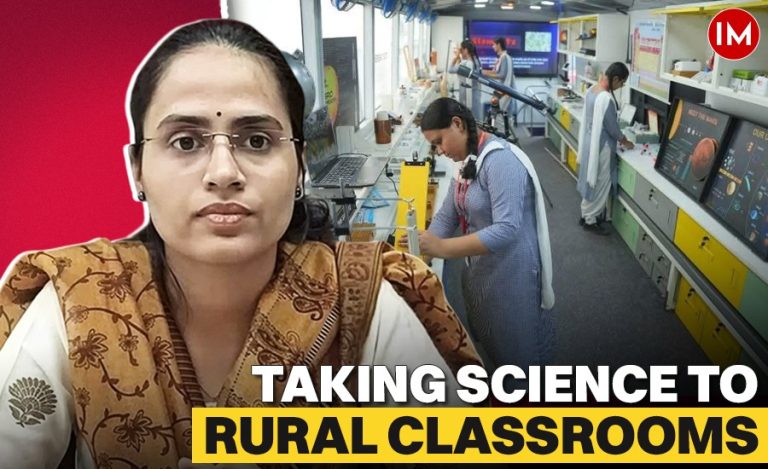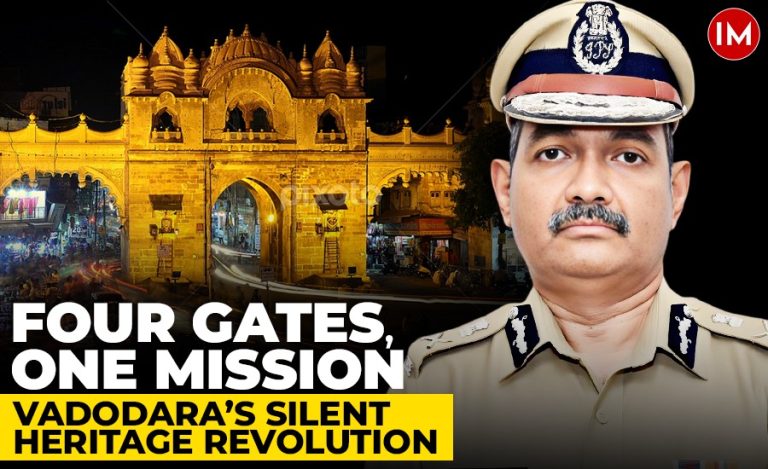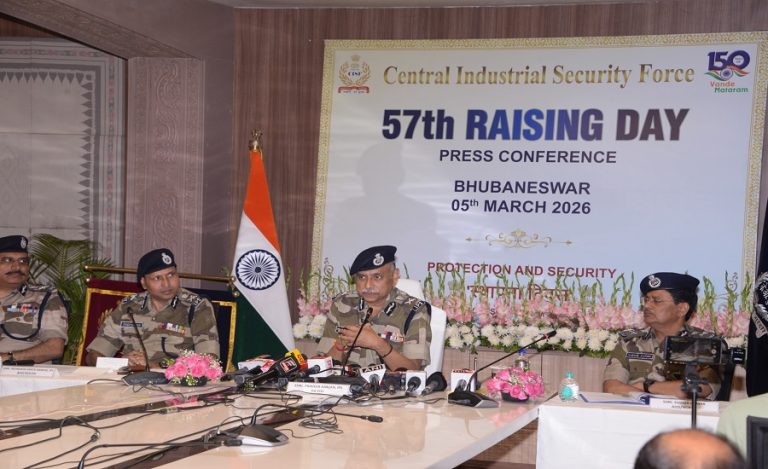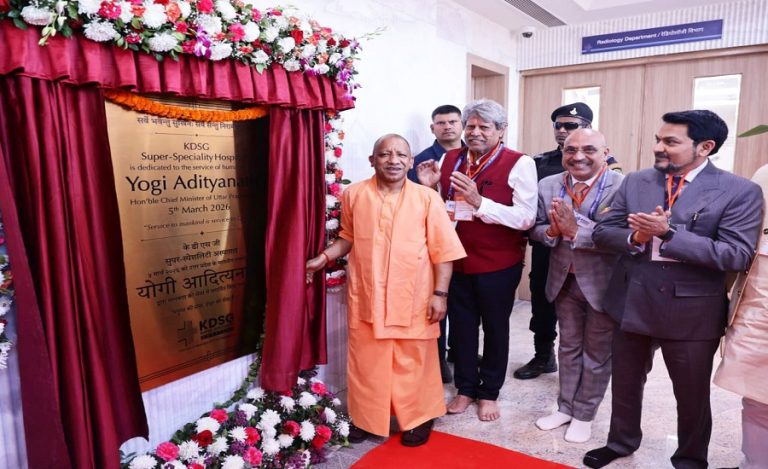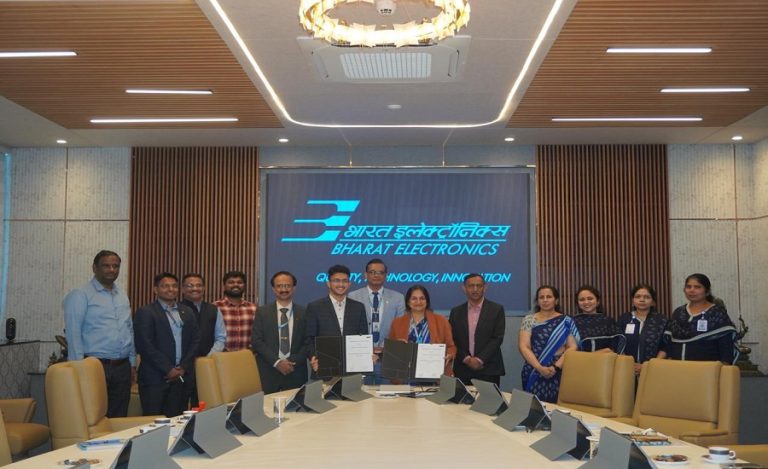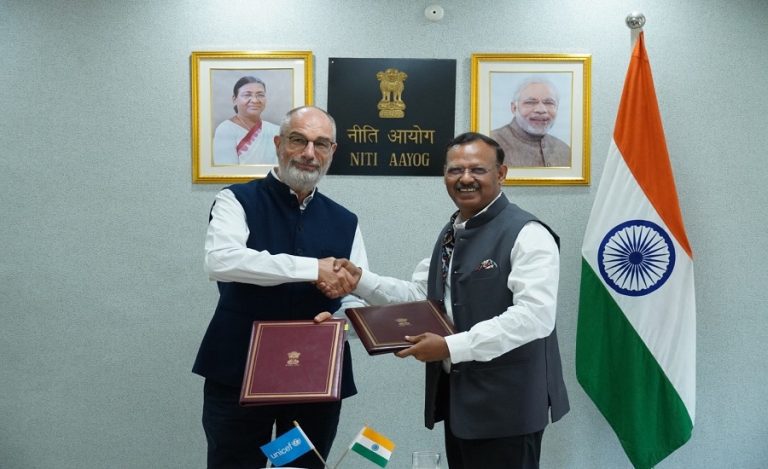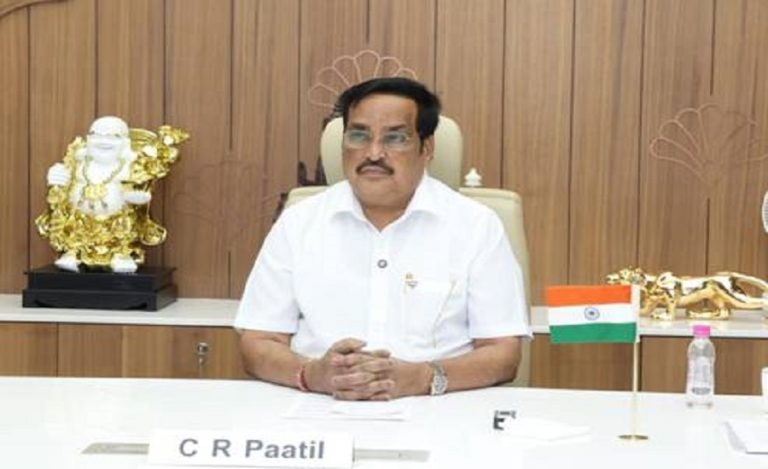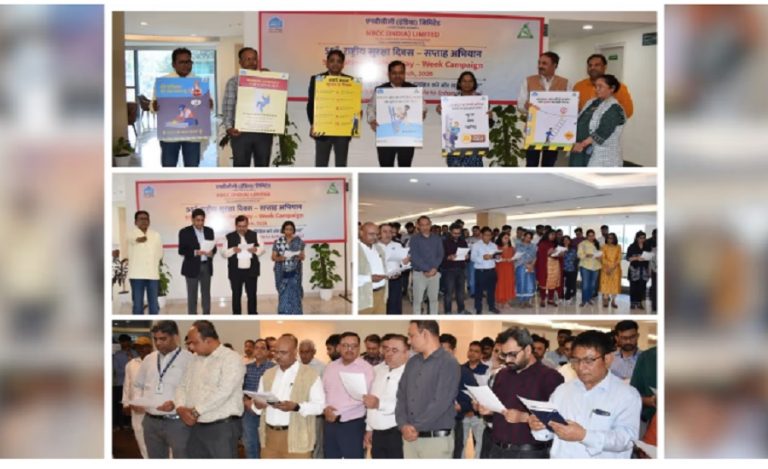Cracking the UPSC Civil Services Examination is often described as a test of not just intellect, but also patience, persistence, and purpose.
For Aishwarya Surya, this journey spanned over half a decade, shaped by repeated setbacks, disciplined self-correction, and unwavering commitment. Hailing from the Sioni district of Madhya Pradesh, a region close to Jabalpur and Nagpur. Far from a bustling metropolis, his early life in this relatively smaller urban setting laid the foundation for an academic journey that would eventually lead him to conquer one of India’s most challenging examinations.
EARLY EDUCATION AND UPSC
Aishwarya completed his 10th standard at Kendriya Vidyalaya in his hometown. A significant turning point came in 2010 when he moved to Kota, Rajasthan, a well-known hub for engineering entrance exam preparation. Thus, he dedicated two years to rigorous study for the Indian Institutes of Technology Joint Entrance Examination (IIT-JEE).
“In my first attempt in 2012, I secured a rank that led to an allocation at the National Institute of Technology (NIT) Raipur, where I was to pursue Computer Science. However, I took the IIT-JEE again in 2013 and achieved a rank that allowed me to join IIT Kharagpur, opting for Electronics and Communication Engineering,” Aishwarya shared with Indian Masterminds. After graduating in 2018, Aishwarya shifted his focus to a new and demanding goal: the Union Public Service Commission (UPSC) examination. This move to Delhi was inspired by his uncle, who is an IPS officer from the 2009 batch.
UPSC ATTEMPTS AND SETBACKS
Aishwarya’s UPSC journey involved multiple attempts. his first attempt was in 2019, and the interview being discussed was his sixth. Notably, he cleared the preliminary stage in all attempts except for 2021. Despite clearing the prelims four times before this successful attempt, he had never reached the interview stage.“I identified shortcomings in my writing practice as a major obstacle. This year, focusing on improving this aspect, I secured 772 marks in the mains examination. This marked a substantial improvement of 140 marks in my mains score, a breakthrough after facing the disappointment of not making it to the interview despite multiple attempts,” he shared. While his mains performance was strong, Aishwarya scored 138 in the interview. This pulled his overall rank down to 843 (he cleared UPSC CSE 2024 with AIR 843). He believes that without this, he could have secured a rank within the top 300. Despite this, the achievement of clearing the examination brought an end to years of intense preparation.
REACTIONS TO SUCCESS
“To be honest, my initial reaction to this rank was not one of pure joy. Given my effort and preparation, I felt that I deserved a better rank. The realisation that the interview might have impacted my score proved accurate. However, the outpouring of congratulatory messages from friends and family gradually shifted my perspective,” Aishwarya further shared.
His parents reacted with immense relief and positivity. They had witnessed his dedication and the ups and downs of his journey. In Indian society, the pressure on unemployed graduates can be significant, and parents often bear the brunt of societal enquiries. Aishwarya’s success brought a sense of liberation for them, turning past questions into present praise.
STRATEGY FOR PRELIMS, MAIN AND INTERVIEW
Aishwarya outlined his strategy for each stage of the UPSC examination:
Prelims Strategy: Focus on the Static Core
His primary focus for the preliminary examination was on the static core subjects. he believes that around 90% of the prelims content comes from these areas, with current affairs forming a smaller periphery. he advised against overemphasising current affairs at the expense of fundamental books like Laxmikant for Polity, standard books for Economics and Geography, NCERT textbooks, and books on Indian culture. Aishwarya cautioned against being misled by the overwhelming amount of online content, emphasising the importance of retaining what is studied. he also stressed the value of solving previous years’ question papers over relying solely on coaching materials.
Mains Strategy: Syllabus-Oriented Notes and Extensive Practice
For the mains examination, Aishwarya highlighted the defined syllabus and the importance of understanding keywords. he created concise digital notes on each keyword of the mains syllabus, referencing previous years’ questions. This approach helped him have readily available content for quick recall during the exam. he emphasized that the limited time in the mains requires candidates to think and write simultaneously. A significant change in his approach for this successful attempt was the focus on extensive writing practice. After failing his fourth mains, he dedicated six to seven months to writing consistently, joining multiple test series and adhering to a daily writing schedule outside of his room. This practice, he believes, made a substantial difference in his marks.
Interview: The Unpredictable Stage
Aishwarya acknowledged the unpredictable nature of the interview stage, where luck can play a significant role. Despite a good mains score, a less favourable interview can impact the final ranking.
LAST MINUTE TIPS FOR PRELIMS ASPIRANTS
With the prelims examination approaching, Aishwarya offered the following advice:
Prioritise Static Subjects: Focus on revising the core static subjects, as they contribute the majority of the questions. Give minimal time to current affairs, relying on one standard magazine for review.
Master Core Books: Thoroughly revise essential books like Spectrum for Modern History, Laxmikant for Polity, Shankar IAS for Environment, books on Indian culture (including Nitin Singhania), and basic NCERTs (especially Class 11th and 12th Geography and Culture).
Solve Previous Year Questions (PYQs): Emphasise solving PYQs, as they provide a better understanding of the UPSC’s question pattern and level compared to most coaching materials.
FUTURE PLANS AND REFLECTIONS ON THE JOURNEY
Aishwarya is appearing for another attempt but with reduced effort, as he anticipates securing a position in the Indian Police Service (IPS). he candidly shared the toll that six attempts and five to six years of preparation have taken on his mental and physical well-being.
The intense focus required often led to confinement and isolation. Reflecting on the long journey, Aishwarya acknowledged the numerous times he questioned his path, especially seeing his IIT peers thriving in high-paying jobs abroad. The uncertainty is inherent in the UPSC process, whose factors beyond hard work play a role at every stage, often fuelling these doubts. However, this apprehension never overshadowed his core motivation.
NO PLAN B: AN ALL-IN APPROACH
Aishwarya revealed that he did not have a backup plan during his UPSC preparation. his unwavering focus was on clearing the examination. “While this worked for me, I would advise others to consider having a Plan B. My situation might be an exception and luck also played a role in my success,” he shared with Indian Masterminds.
Aishwarya’s message to those preparing for the UPSC is centered on key principles learned from his own journey: consistent effort, dedicated hard work, and maintaining faith while navigating challenges. he believes that embodying these qualities can lead to success, potentially even in earlier attempts.

